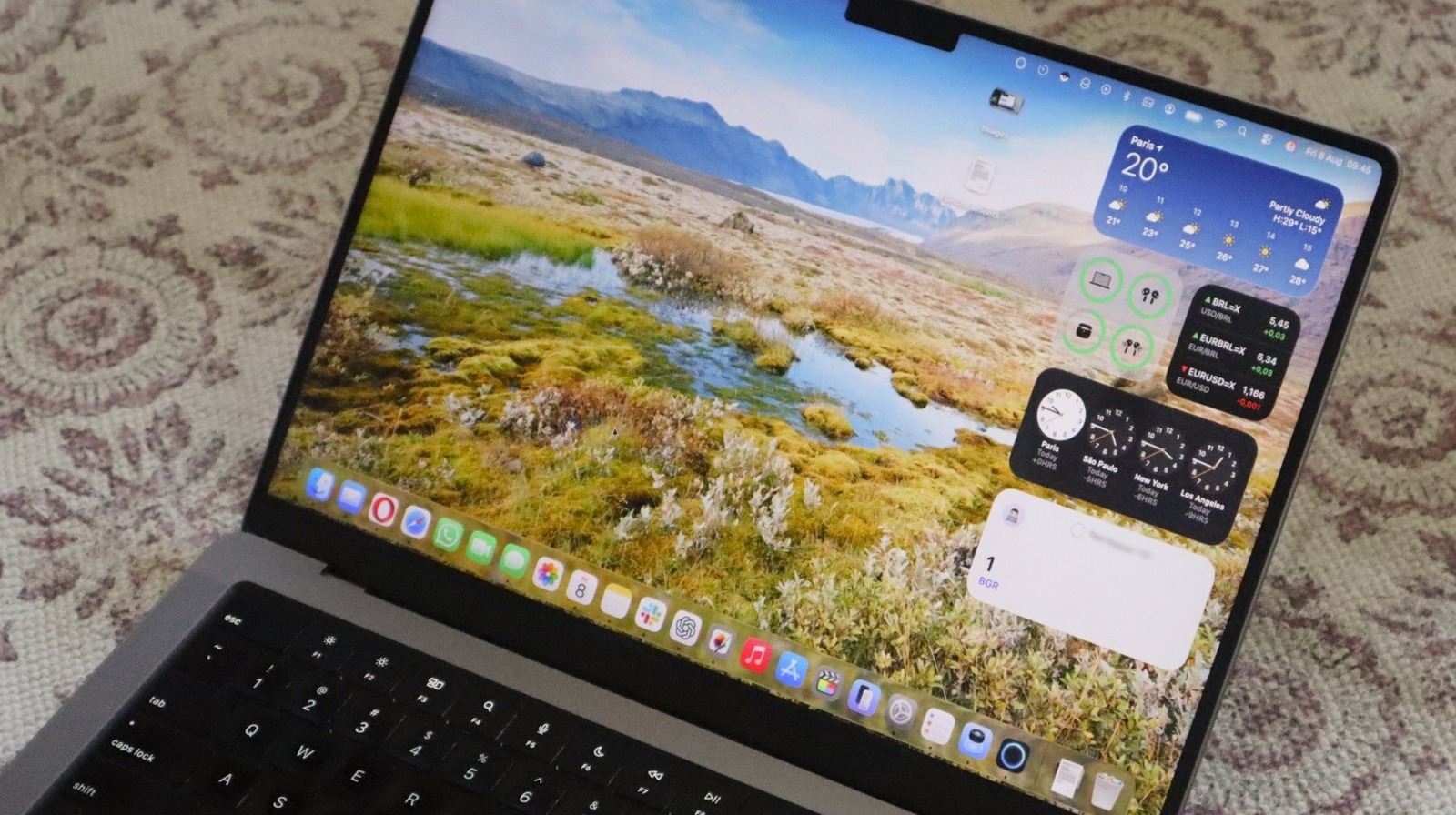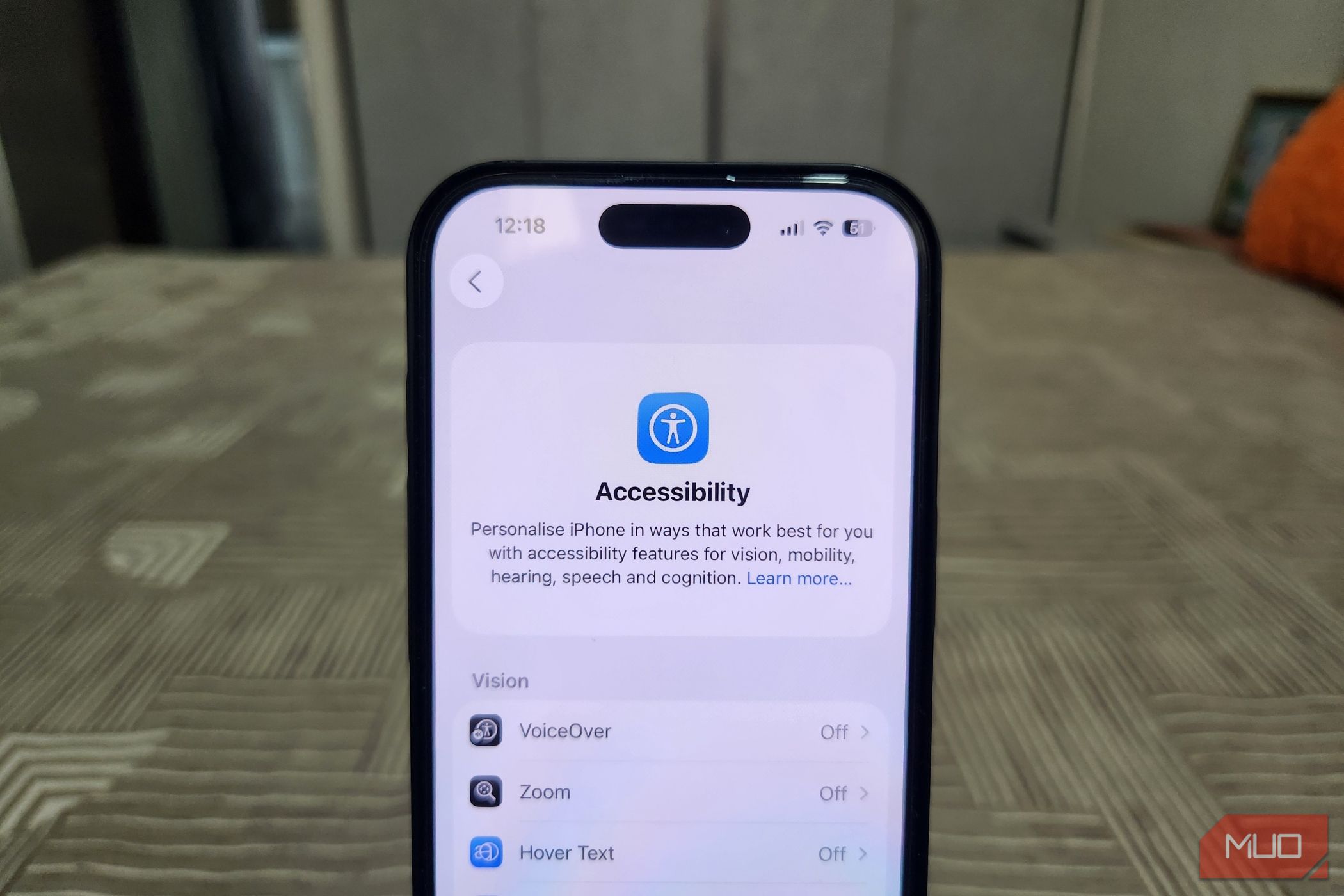SHOPPERS will soon see restrictions and switch-ups roll out at grocery stores nationwide as a slew of new legislation takes effect.
As the three major laws take hold in the retail industry, they will change the way American consumers shop forever.
2
Kroger is the oldest grocery store chain in the country, established in 1883, while Piggly Wiggly is credited as being the first modern American supermarket.
The latter chain opened in 1916 and was the first to debut the self-service concept, where shoppers selected their own items rather than giving a list to a clerk.
Grocery stores have come a long way since then, with new innovations like online shopping, delivery and pickup, and self-checkout taking hold.
The grocery industry is one of the largest in the US – a multi-billion dollar market – and even more change is inevitable as the sector grows and evolves.
Several states are currently looking to tweak their retail operations, plotting to roll out a number of laws affecting American consumers.
CRACKING DOWN ON JUNK FOOD
One of the major changes underway affecting grocery store shoppers is the newfound movement to roll out laws banning unhealthy foods from being purchased using SNAP benefits.
Last week, the Trump administration confirmed that 12 states had officially been granted waivers by the USDA restricting those on food stamps from purchasing processed food and drinks at retailers using their EBT cards.
The first six states to have their waivers approved were Arkansas, Idaho, Indiana, Iowa, Nebraska, and Utah, with six new states added to the lineup in early August, including Colorado, Florida, Louisiana, Oklahoma, Texas, and West Virginia.
New SNAP regulations

Six additional states had new food choice state waivers approved, bringing the total number of states banning certain junk food purchases using SNAP benefits to 12.
Arkansas
- Restricts purchase of soda, fruit and vegetable drinks with less than 50% natural juice, unhealthy drinks, and candy.
- Target implementation date: 07/01/26
Colorado
- Restricts purchase of soft drinks.
- Target implementation date: 03/01/26
Florida
- Restricts purchase of soda, energy drinks, candy, and prepared desserts.
- Target implementation date: 01/01/26
Idaho
- Restricts purchase of soda and candy.
- Target implementation date: 01/01/26
Indiana
- Restricts purchase of soft drinks and candy.
- Target implementation date: 01/01/26
Iowa
- Restricts all taxable food items as defined by the Iowa Department of Revenue except food producing plants and seeds for food producing plants.
- Target implementation date: 01/01/26
Louisiana
- Restricts purchase of soft drinks, energy drinks, and candy.
- Target implementation date: 01/15/26
Nebraska
- Restricts purchase of soda and energy drinks.
- Target implementation date: 01/01/26
Oklahoma
- Restricts purchase of soft drinks and candy.
- Target implementation date: 01/01/26
Texas
- Restricts purchase of sweetened drinks and candy.
- Target implementation date: 04/01/26
Utah
- Restricts purchase of soft drinks.
- Target implementation date: 01/01/26
West Virginia
- Restricts purchase of soda.
- Target implementation date: 01/01/26
Source: USDA
All 12 states will implement SNAP restrictions on soda and sweetened beverages, while some will ban shoppers from buying energy drinks and candy using their federal benefits.
Consumers should note that most of the purchasing limitations will not fully go into effect until 2026.
CHECK YOURSELF
Aside from implementing new regulations on SNAP purchases, several states are eyeing legislation to regulate the highly controversial self-checkout machines in grocery and drug retailers.
California’s Senate Bill 442, for example, is one step closer to passing, aimed at prohibiting stores from offering self-service checkout unless at least one traditional checkout lane is also available to shoppers.
If passed, the legislation would also restrict shoppers statewide using self-serve machines to 15 items or less.
Additionally, customers would be barred from purchasing items that require age verification at self-checkout, such as alcohol or tobacco products.
Latest self-checkout changes
Retailers are evolving their self-checkout strategy in an effort to speed up checkout times and reduce theft.
Walmart shoppers were shocked when self-checkout lanes at various locations were made available only for Walmart+ members.
Other customers reported that self-checkout was closed during specific hours, and more cashiers were offered instead.
While shoppers feared that shoplifting fueled the updates, a Walmart spokesperson revealed that store managers are simply experimenting with ways to improve checkout performance.
One bizarre experiment included an RFID-powered self-checkout kiosk that would stop the fiercely contested receipt checks.
However, that test run has been phased out.
At Target, items are being limited at self-checkout.
Last fall, the brand surveyed new express self-checkout lanes across 200 stores with 10 items or less for more convenience.
As of March 2024, this policy has been expanded across 2,000 stores in the US.
Shoppers have also spotted their local Walmart stores restricting customers to 15 items or less to use self-checkout machines.
Senate Bill 442 was approved by the Assembly Labor and Employment Committee and now awaits hearing on the Assembly Floor.
Over in Rhode Island, legislation to limit the number of self-service machines in grocery stores is also underway.
If passed, the new law would restrict retailers to six or fewer automated checkout stations and require one or more cashier manned checkout lines for every two self-checkout machines.
The bill, introduced by Senate President Valarie Lawson, was approved by the Senate in May and is currently awaiting a vote in the House.
BOTTOMS UP
Shoppers may see changes regarding wine sales over in New York, where Senate Bill S1279A is looking to establish a new “supermarket wine license” that certain grocery stores would need to acquire in order to sell wine.
The bill would amend the alcoholic beverage control law to permit stores with the license to sell wine in addition to their existing alcohol sales, such as beer and cider.
The license would permit the sale of wine in sealed containers for consumption off-premises, but it would only be available to full-service grocery stores that meet the following criteria:
- Make at least 65% of sales from food-related products
- Already have a license for off-premises beer sales
- Measure over 4,000 square feet
The bill is sponsored by Democratic Senator Liz Krueger and is currently in the Senate Committee with a few more steps to go before officially being signed into law by the New York governor.
Check out other legislation underway impacting American consumers.
Your packages are about to get more pricey as an August 29 law looms – see a breakdown of the new added costs.
Plus, a controversial ban was lifted in a US state as a new August milk law starts – but grocery shelves are still off limits.

2










